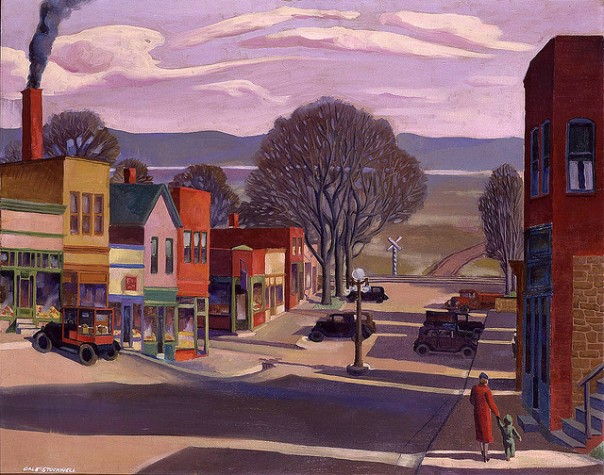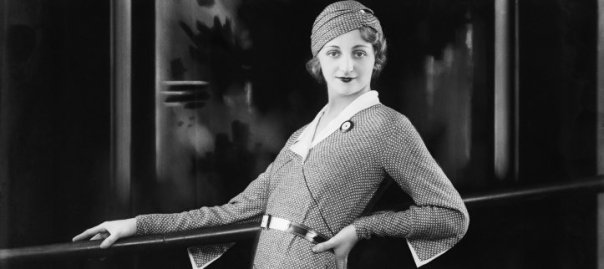Paul Krugman today writes about wealth. It’s not just the wealth; it’s the fact the wealthy want the keys to our inner life. They want us to hand over the formula to our destiny. They want us to believe that their desire for unrestrained power and wealth represent, for the rest of us, the virtues of freedom. It’s the part of economics outside the numbers.
It’s a demand to surrender and submit. It merges Thomas Jefferson and Jefferson Davis, turns back on Eisenhower; replaces Milton Friedman with an Austrian, and follows the plan of Lewis F. Powell’s 1971 Chamber memo, to shift traditional party functions and fundraising to non-party units (AFP, Heritage) permanently organized around ideology, lobbying, and oversight. It uses the old language of communist and socialist threats with Reagan’s new anti-government yap; it’s energized and renewed by fear applauded as courage.
One key is race. Black advances are the national measure of progress, even as white standards affirm the status quo. Black advances (and those of women) show we are meeting the American Promise. The wealthy (of whom Obama noted “those with the most complain the loudest”) need black advances to become problems, advances of the wrong values, people, goals, removing any positive sentiment. In the links between wealth and race and politics, as income widens the margin of civil guarantees for blacks, women, and the poor narrows.
The proxy politicians of the wealthy are attempting to legitimize intolerance. The disinherited are being taken off the balance sheet.




